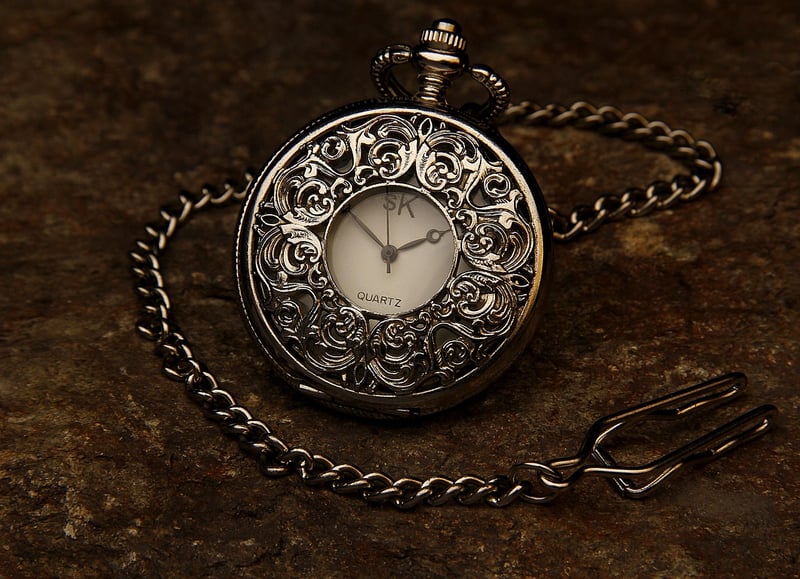Temporal Loops
Navigating Time Conundrums and Temporal Loops
Time travel has been a fascinating concept in science fiction for decades, with numerous stories exploring the complexities of altering the past, present, and future. One common trope within time travel narratives is the idea of temporal loops, where events or actions are stuck in a repetitive cycle.
Understanding Temporal Loops
Temporal loops, also known as closed timelike curves, refer to situations where an event is trapped in a cycle of repetition, often leading to paradoxes and logical contradictions. In these loops, an individual or group may be stuck experiencing the same sequence of events over and over again without any apparent resolution.
Paradoxes and Challenges
Temporal loops often give rise to paradoxes such as the grandfather paradox, where a time traveler could potentially prevent their own existence by altering events in the past. Resolving these paradoxes can be a significant challenge, as changing one event may have unforeseen and drastic consequences on the timeline.
Strategies for Navigating Time Conundrums
- Establishing Consistent Rules: Setting clear rules for time travel within a narrative can help maintain coherence and avoid inconsistencies.
- Exploring Multiverse Theory: Embracing the idea of multiple timelines or parallel universes can offer a way to address paradoxes and divergent timelines.
- Utilizing Time Loops Creatively: Using temporal loops as a storytelling device can add depth and complexity to a narrative, creating opportunities for character development and plot twists.
Conclusion
While time travel and temporal loops may present intricate challenges and paradoxes, they also offer endless creative possibilities for storytellers and audiences alike. Navigating these conundrums requires careful consideration of the rules and implications of time manipulation, leading to compelling narratives that explore the nature of cause and effect across different temporal planes.

Image source: Pixabay
